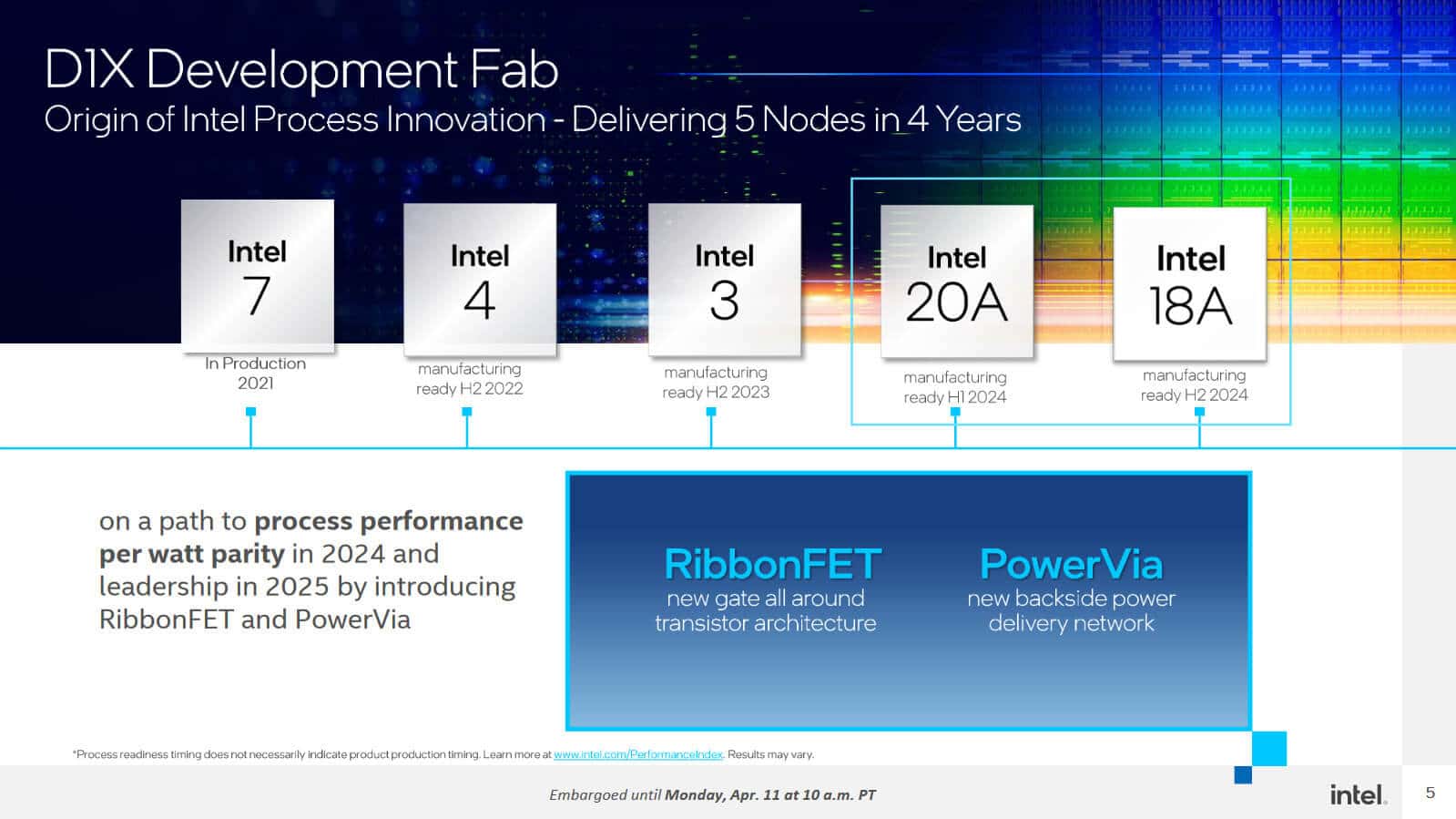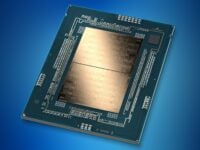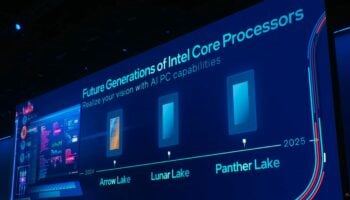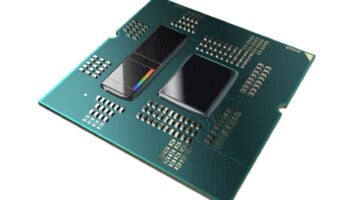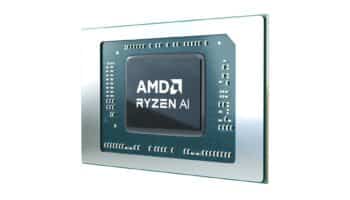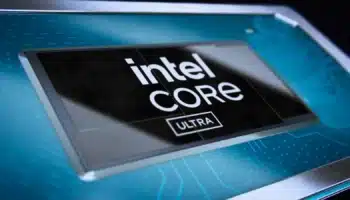Intel has detailed its client CPU roadmap all the way up to 2025. We now know of the next three client lineups set to land through 2023-25, namely Meteor Lake (14th Gen), Arrow Lake (15th Gen), and Lunar Lake (16th Gen). All three processor families will pair a modular or disaggregated design (also known as chiplet or tiled) with advanced 3D packaging “Foveros” technology. The 14th Gen Meteor Lake family will leverage four distinct process nodes from different foundries. These include Intel’s 22nm node for the Foveros base tile, Intel 4 for the CPU tile, TSMC’s 5nm node for the iGPU (tGPU), and the N6 process for the I/O and SoC tiles.
This latest update indicates that Intel is briefly returning to its original “Tick-Tock” production model where every new microarchitecture was followed by a node shrink. The transition from Meteor to Arrow Lake is a clear sign of this. How long it’ll last is anyone’s guess but process node shrinks are surely going to get rarer and rarer. We’ll see advanced modular packaging techniques, 3D chip stacking, and other hybrid approaches to semiconductor manufacturing instead.
The above slide seems to convey that Arrow Lake will be a separate generation leveraging the same core architecture as its predecessor, Meteor Lake. The I/O and SoC tiles will be identical but the CPU and GPU tiles will be shrunk to 2nm (20A) and TSMC 3nm, respectively. Foveros with a 36um pitch will also be carried over to the 15th Gen client architecture. The core counts should get a raise though, especially on the desktop side. The P-cores will likely be limited to 8 up until Meteor Lake. Arrow Lake ought to rectify this alongside higher core clocks and better efficiency.
Lunar Lake will be yet another node shrink, albeit a minor one with upgrades to the core architecture as well. We’ll see a shift from 2nm (20A) to 1.8nm (18A) node for the CPU tile. The GPU tile may remain unchanged, much like the I/O and SoC dies. Lunar Lake is set to succeed Arrow Lake sometime in late 2025 or early 2026.
